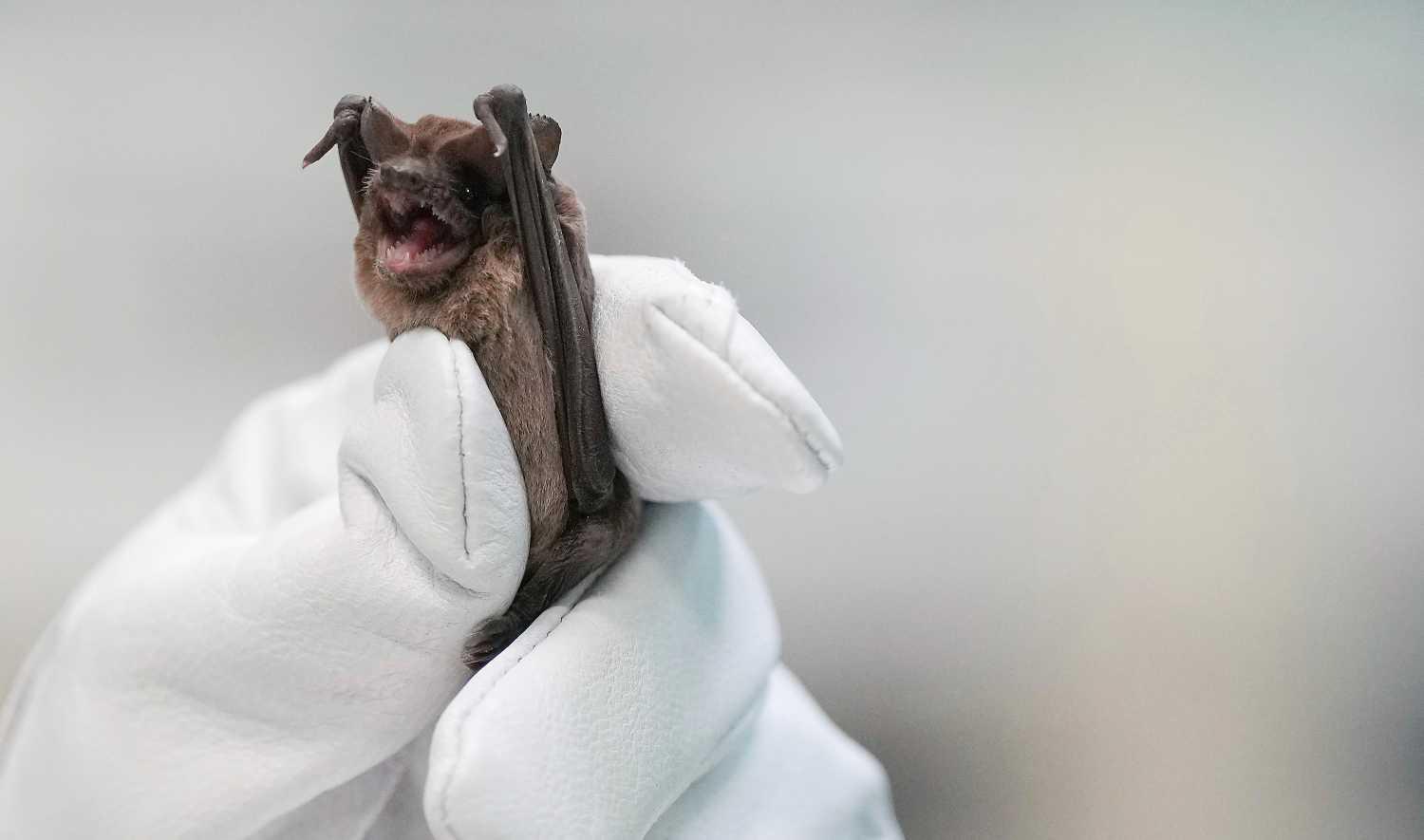
Nearly 1,600 bats found a temporary home this week in the attic of a Houston Humane Society director, but it wasn’t because they made it their roost.
It was a temporary recovery space for the flying mammals after they lost their grip and plunged to the pavement after going into hypothermic shock during the city’s recent cold snap.
Over 1,500 will be released back to their habitats - two Houston-area bridges - after wildlife rescuers scooped them up and saved them by administering fluids and keeping them warm in incubators.
Mary Warwick, the wildlife director at the Houston Humane Society, said she was out doing holiday shopping when the freezing winds reminded her that she hadn’t heard how the bats were doing in the unusually cold temperatures for the region. So she drove to the bridge where over 100 bats looked to be dead as they lay frozen on the ground.
But during her 40-minute drive home, Warwick said they began to come back to life, chirping and moving around in a box where she collected them and placed them on her heated passenger seat for warmth. She put the bats in incubators and returned to the bridge twice a day to collect more.
Two days later, she got a call about more than 900 bats rescued from a bridge in nearby Pearland, Texas. On the third and fourth day, more people showed up to rescue bats from the Waugh Bridge in Houston, and a coordinated transportation effort was set up to get the bats to Warwick.
Warwick said each of the bats were warmed in an incubator until their body temperature rose and then hydrated through fluids administered to them under their skin.
After reaching out to other bat rehabilitators, Warwick said it was too many for any one person to feed and care for and the society’s current facilities did not have the necessary space, so they put them in her attic where they were separated by colony in dog kennels and able to reach a state of hibernation that did not require them to eat.
“As soon as I wake up in the morning I wonder: ‘How are they doing, I need to go see them,’ “ Warwick said.
Now, nearly 700 bats are scheduled to be set back in the wild next week at the Waugh Bridge and about 850 at the bridge in Pearland as temperatures in the region are warming.